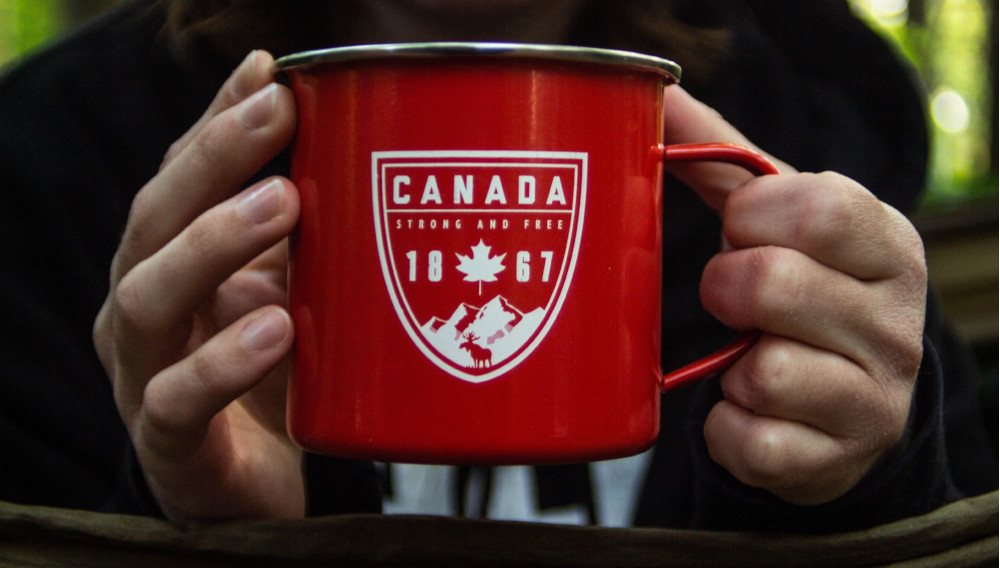Alcohol laws relaxed across Canada due to covid-19
Canada | Pundits wonder if Canada’s suddenly relaxed alcohol laws will make her cities more European.
In an effort to help restaurants and bars survive during the pandemic, governments have relaxed patio regulations and alcohol laws. Observers say that there are restaurants advertising takeaway alcohol. Patios have been set up on pavements. People are seen having picnics in parks with a bottle of wine or a beer. Even food trucks are lined up outside busy parks.
All of this is familiar to Europeans, but a novelty to Canadians, who were still reeling from a ban on these customs following prohibition, which was introduced a century ago. Then covid-19 hit and social distancing rules started to hurt the hospitality industry.
Loosening regulations
In effect, Canada is conducting a huge social experiment this summer. As one commentator put it: “What happens when we have the same rules around public alcohol consumption that have long been the norm overseas? Will there be significant public safety or health problems? Or will we discover there’s in fact little drawback to liberalising the laws here?”
In Vancouver, for example, where many people live in flats rather than in their own houses with a backyard, drinking was legalised in some of its parks and plazas.
Elsewhere, in Quebec City, people can now consume alcohol in its large urban parks if accompanied by a meal. Toronto said it will fast-track approvals for restaurant and bar patios to expand onto pavements, streets and nearby parks, media report. Some of these changes could become permanent.
The loosening of alcohol regulations comes at a time when the brewing industry is facing plenty of trouble. The beer business in Canada was challenging even before the covid-19 pandemic, due to changing demographics, consumer tastes, and the high overall tax and price of the product.
Beer consumption declines
Domestic beer sales have been declining even as the number of breweries has increased, according to a survey by Beer Canada, a trade body.
The industry association, which represents 50 Canadian brewers, said that in 2019 the number of breweries hit an all-time high of 1,123, which is three times the number operating in 2014. More brewers selling into a smaller market translates into intense competition.
Ontario leads with 350 breweries, followed by Quebec with 240. The rest are spread across the other provinces.
In 2019, Canadian beer production was just over 22.5 million hl, an increase of 4.2 percent compared to 2018. However, domestic sales dropped 3.9 percent, while import sales increased by 1.5 percent, leading to an overall decline of 3.0 percent.
Per Beer Canada’s survey, in 2019, 87 percent of beer sales were products of 5.5 percent ABV or less. Per capita beer consumption has declined to 71.2 litres from 79.5 litres five years ago.
Canadian brewers, even if they are foreign owned (like Labatt, which is owned by AmBev), account for 90 percent of domestic beer production and support 149,000 jobs. Combined they contributed CAD 5.7 billion (USD 4.4 billion) in tax revenues for federal, provincial and municipal levels of government, it was reported.
Despite all the fear-mongering, media reported in July that alcohol sales seem to have remained relatively stable during the pandemic, except for a brief spike in March, when liquor store sales of beer, wine and spirits surged by more than 15 percent after consumers took to stockpiling.
Keywords
beverage market beer consumption Canada coronavirus
Authors
Ina Verstl
Source
BRAUWELT International 2020

